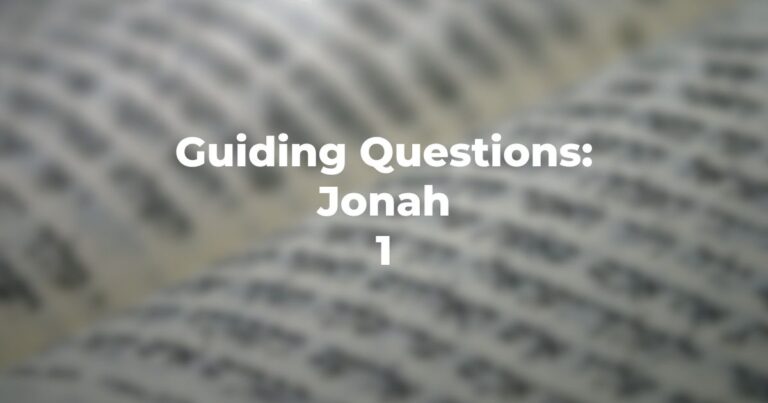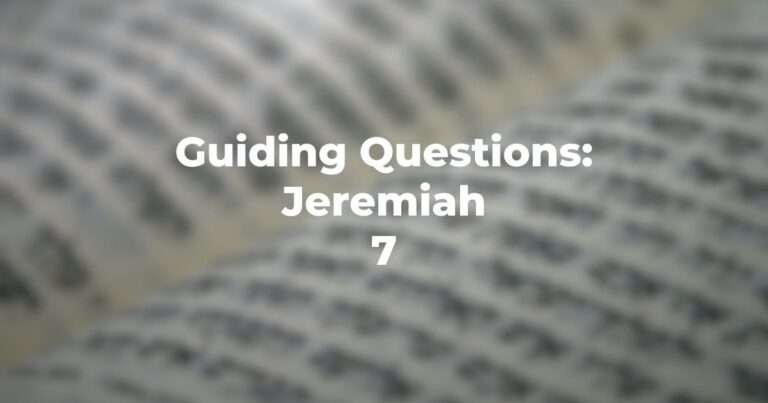- Is there any indication in the opening verses as to who Nahum was, when he prophesied, or any other biographical or chronological information?
- However, since reference is made to Ninveh, the major city of Assyria, and Nahum 1:2 speaks of that city as subject to Divine action, is it possible that the timing would be about 625 to 612 B.C.E. when Ninveh (and Assyria) were destroyed?
- In Nahum 1:2, the word “nokeym” appears, which is usually translated as “vengeance”; might the term be also translated as retribution by way of God’s action when human action is incapable of redressing injustice?
- Nahum 1:3 speaks of dimensions of the Divine which appear as contraries if not contradictories; or might they be consistent with one another?
- Does Nahum 1:4 indicate an “attack upon nature” or, rather, an assertion of infinite power?
- According to Nahum 1:6 can anything/anyone withstand the “wrath” of Divinity?
- Yet, with the descriptions of power, and wrathfulness, what is the affirmation of Nahum 1:7?
- In Nahum 1:11 appears “from you has come forth negative thoughts regarding the Divine”; who is the “you”?
- Nahum 1:13 makes reference to his “yoke” — since the prophet has referred to Ninveh could this refer to Assyria and one of its conquests, Israel?
- In the closing verse (Nahum 1:14) is the reference to Israel or Judea or, rather, to Assyria?
Author
-

Exploring Judaism is the digital home for Conservative/Masorti Judaism, embracing the beauty and complexity of Judaism, and our personal search for meaning, learning, and connecting. Our goal is to create content based on three core framing: Meaning-Making (Why?), Practical Living (How?), and Explainers (What?).
View all posts





